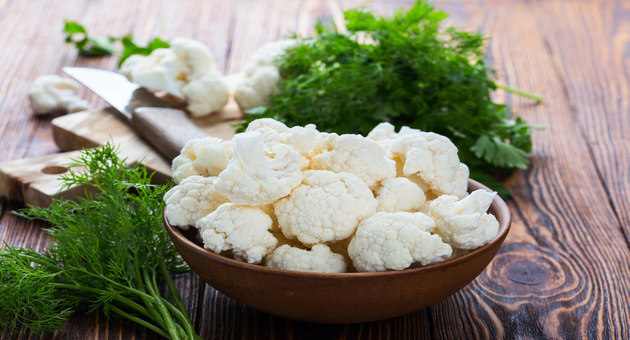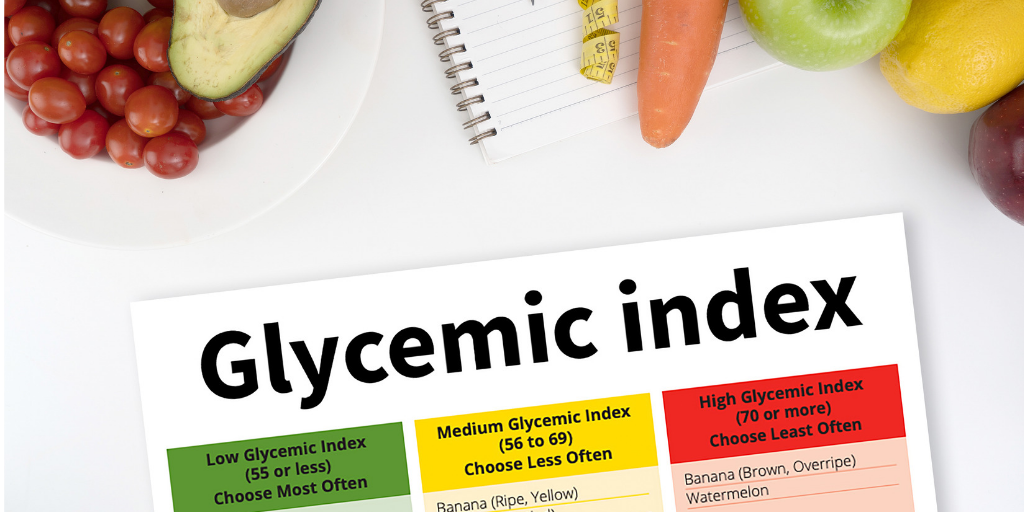/carrots_annotated2-a37144570fab4b4b83343e2216263ca9.jpg)
When you were a kid, you probably heard that carrots are good for your eyes. That’s true—but the benefits of carrots don’t stop there. Here are some other good-for-you perks, plus simple, healthful ways to enjoy the elegant root veggie.
Carrots promote healthy vision

Just one large carrot can provide more than 200% of the daily target for vitamin A. This important nutrient (which acts as a cell-protective antioxidant) supports lung and skin health, and has been shown to protect against cognitive decline. It also supports eyesight. A deficiency of vitamin A can lead to a condition called xerophthalmia, which can damage normal vision and result in night blindness.
The antioxidants lutein and zeaxanthin found in carrots also enhance eye health. The two natural compounds protect the retina and lens.
Research published in the American Journal of Opthalmology found that women who ate more than two servings of carrots per week had a 64% lower risk of developing glaucoma, compared to women who ate less than one serving.
Carrots balance your blood sugar
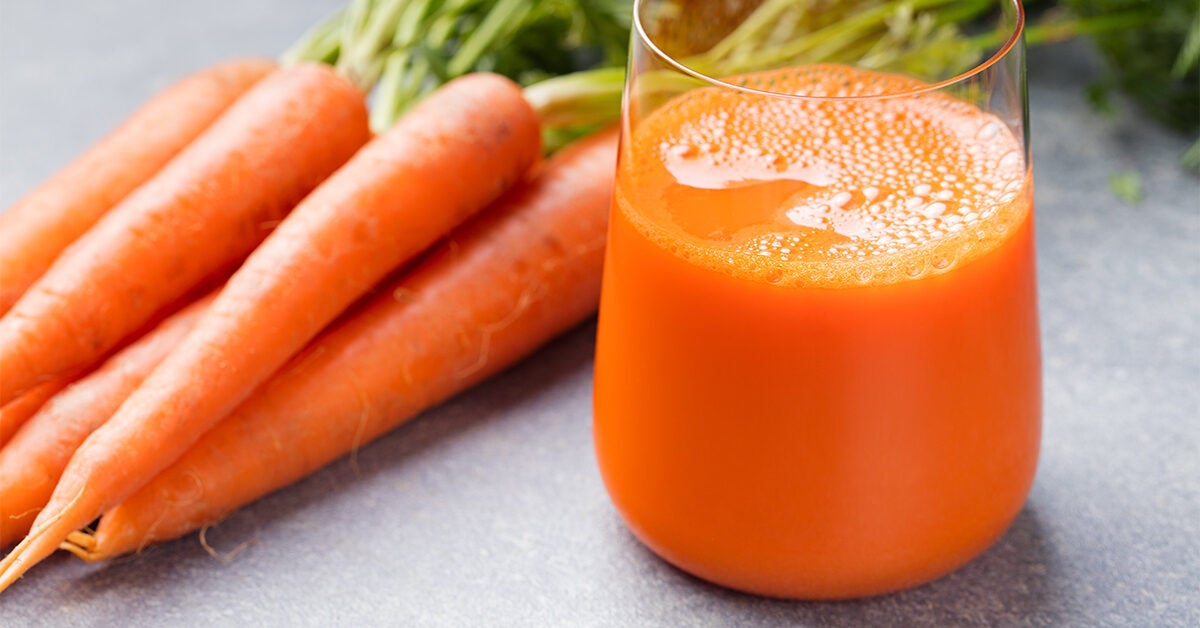
The soluble fiber in carrots has been shown to help regulate blood sugar and insulin levels, and support digestive health. Raw or slightly cooked carrots are also low on the glycemic index, which helps them provide a steady supply of energy.
They’re great for weight management

In addition to the fiber carrots provide, they’re chock-full of water. (A carrot is actually 88% water.) This combination boosts fullness.
What’s more, carrots are low in calories. One cup chopped contains just 52 calories. Scooping up your hummus or guac with a cup of raw, sliced carrots in place of 10 pita chips saves 80 calories and increases total fiber and nutrients.
Research suggests the soluble fiber in carrots may curb belly fat too.
They might lower cancer risk

Antioxidants found in carrots have been tied to a reduced risk of several cancers, including lung, colorectal, prostate, and leukemia. A study in the American Journal of Clinical Nutrition found that people with a high intake of a type called carotenoid antioxidants had a 21% lower risk of lung cancer.
Carrots help with blood pressure regulation

The potassium in carrots plays a key role in regulating blood pressure. This mineral balances sodium levels, and helps sweep excess sodium and fluid out of the body, which takes pressure off the heart. This also makes carrots a good choice if you want to de-bloat after consuming too much salty food.
And may reduce the risk of heart disease

One study from the Netherlands looked at the extent to which fruit and vegetable color groups contribute to heart protection. Researchers found that each 25 gram per-day increase in the intake of deep orange produce was inversely associated with heart disease. Carrots, in particular, were associated with a 32% lower risk of heart disease.
Carrots support your immunity
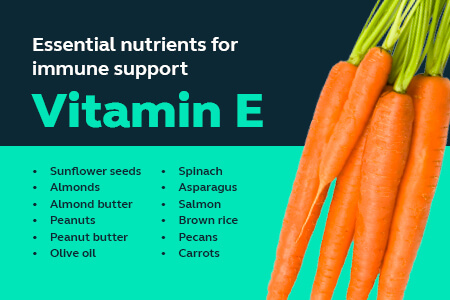
The vitamin C in carrots is vital for immune support and healing. The veggie’s vitamin A supports the immune system, too, and plays an important role in forming and protecting mucous membranes, which act as barriers to keep germs out of the body.
And they’ve got bonus nutrients too
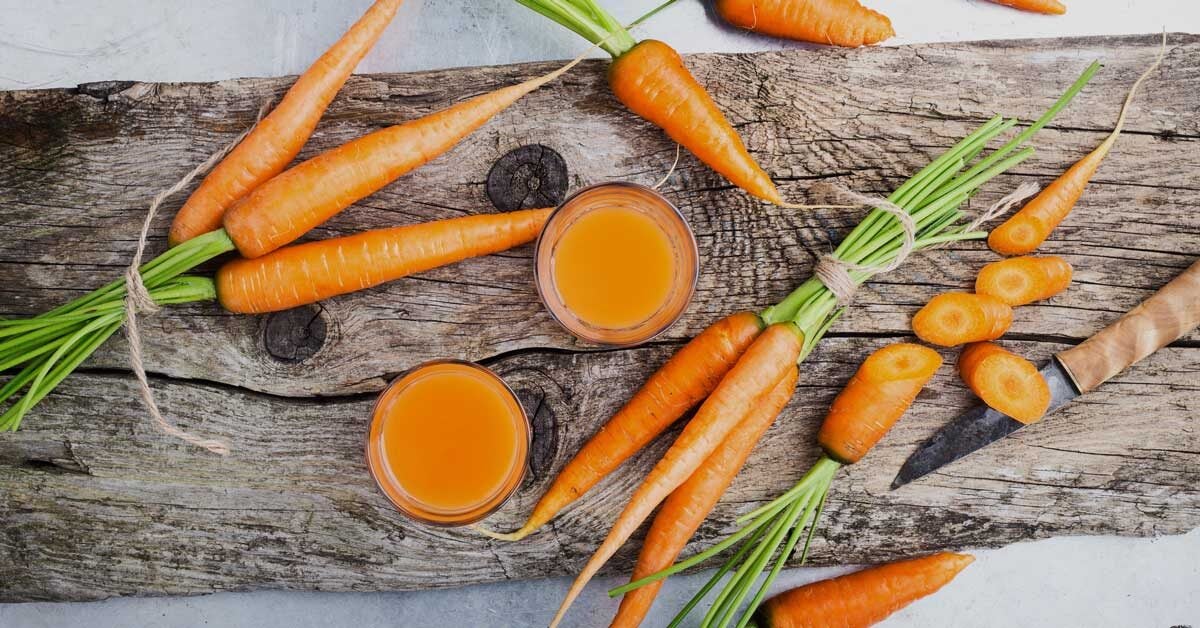
Natural compounds in carrots have been shown to act as anti-inflammatories, to support brain and liver health. Carrots also provide smaller amounts of bone-supporting vitamin K, as well as B vitamins, which help with energy production. For a wider array of antioxidants, eat carrots in various colors, including purple and red.
How to get more carrots into your diet

I recommend eating carrots both raw and cooked, as there are key benefits to both. Raw carrots have a lower glycemic index, but cooking helps amp up antioxidant absorption.
Add shredded or chopped raw carrots to overnight oats, salads, or slaws, and fold into nut butter. Use whole or cut, raw carrots to scoop up dip, olive tapenade, and tahini, or add them to fresh pressed juices or smoothies.
To cook, steam carrots or toss them into your favorite stir fry, soup, veggie chili, or stew. They’re also amazing oven roasted, brushed with a little extra virgin olive oil, salt, and pepper, or prepared with a glaze made from water-thinned pure maple syrup, cinnamon, and fresh, grated ginger root.
Carrots can even be incorporated into desserts, including carrot cake, of course, as well as carrot pie (think pumpkin or sweet potato, but with carrots!), carrot cookies, whoopie pies, dark chocolate truffles, and even carrot ice cream.

